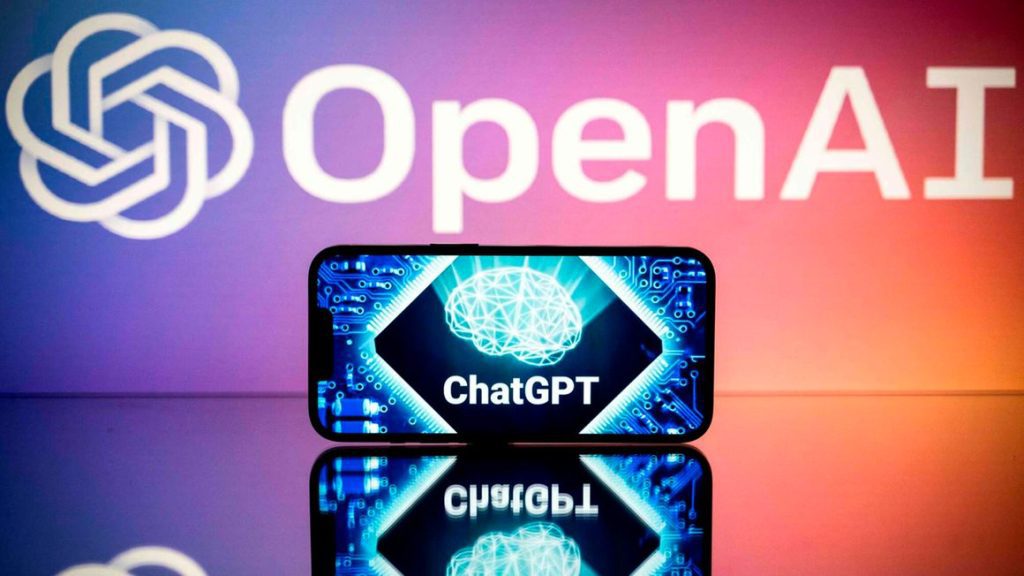The article highlights concerns raised by global leaders, AI industry experts, and developers about the potential existential risks posed by artificial intelligence (AI). A one-line statement signed by dozens of experts, including Sam Altman, CEO of OpenAI, and Geoffrey Hinton, a key figure in AI’s development, calls for addressing the risks from AI as a global priority, placing it on the same level as threats like pandemics and nuclear war.
The rapid success of AI tools like ChatGPT has led to billions of dollars of investment, but it has also raised alarms. Critics are concerned about the potential misuse of AI, including the spread of disinformation, biased algorithms producing racist material, and AI-driven automation leading to job losses across industries. Moreover, the fear of “artificial general intelligence” (AGI) — machines capable of wide-ranging functions that could develop their own programming and become uncontrollable — has sparked warnings about disastrous consequences for humanity.
Despite these concerns, AI boosters, including companies like Google and Microsoft, defend the technology’s potential benefits. Sam Altman, while acknowledging the risks of AI, has argued that the focus should be on ensuring the systems are not biased rather than disclosing the entire data sources, which has led to debates around transparency.
Earlier this year, a letter led by Elon Musk and hundreds of AI experts called for a pause in AI development until its safety could be ensured. However, critics, including US academic Emily Bender, have dismissed such warnings as exaggerated and full of AI hype, arguing that there is a lack of transparency in how AI data is processed, often referred to as the “black box” problem.
As the discussion continues, the statement from AI leaders serves as a reminder of the need for global regulation and vigilance in the development and use of AI, to ensure that its risks are carefully managed.




















